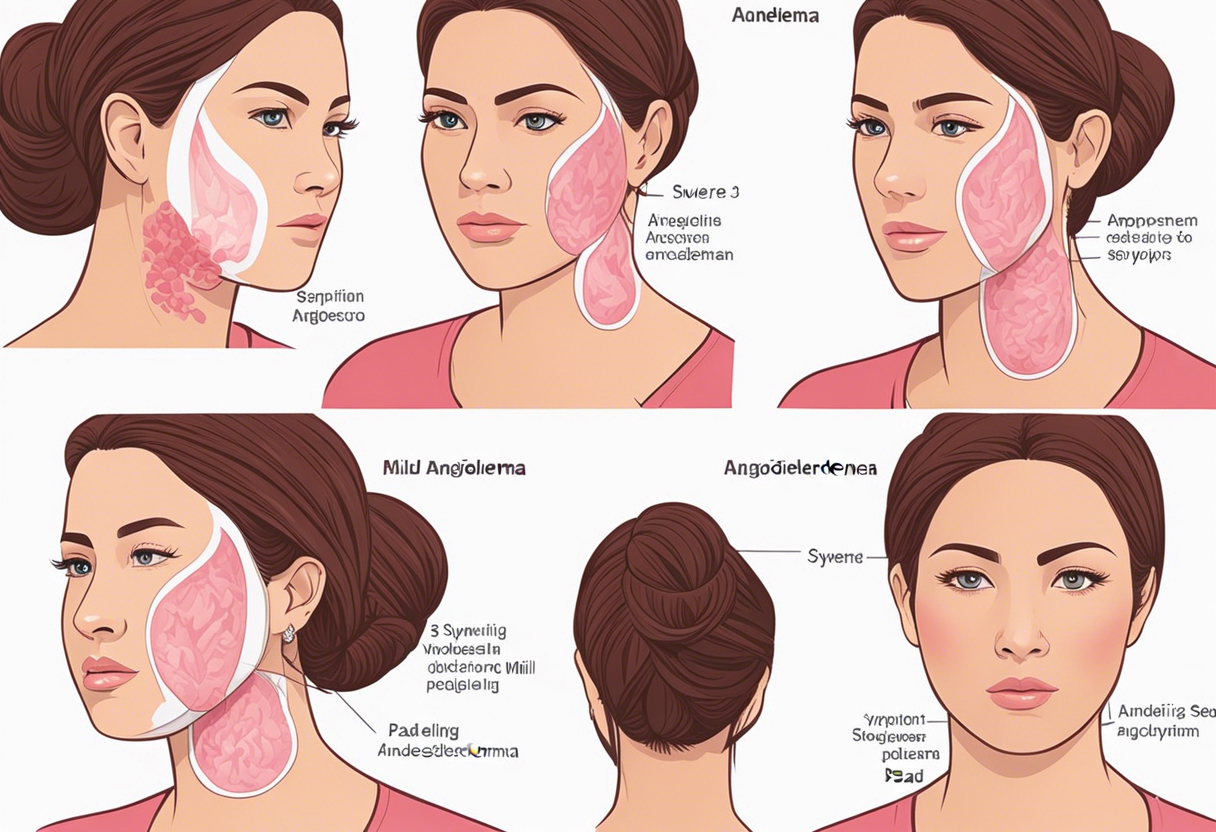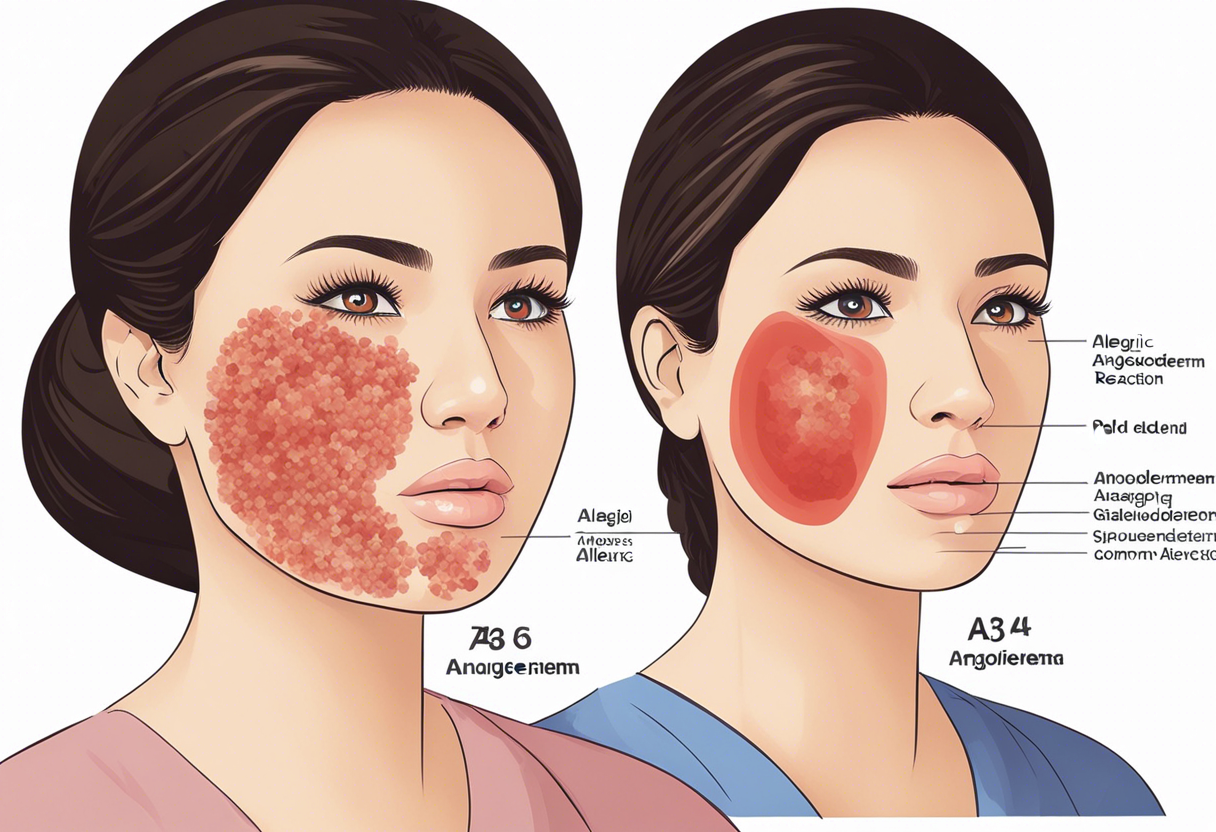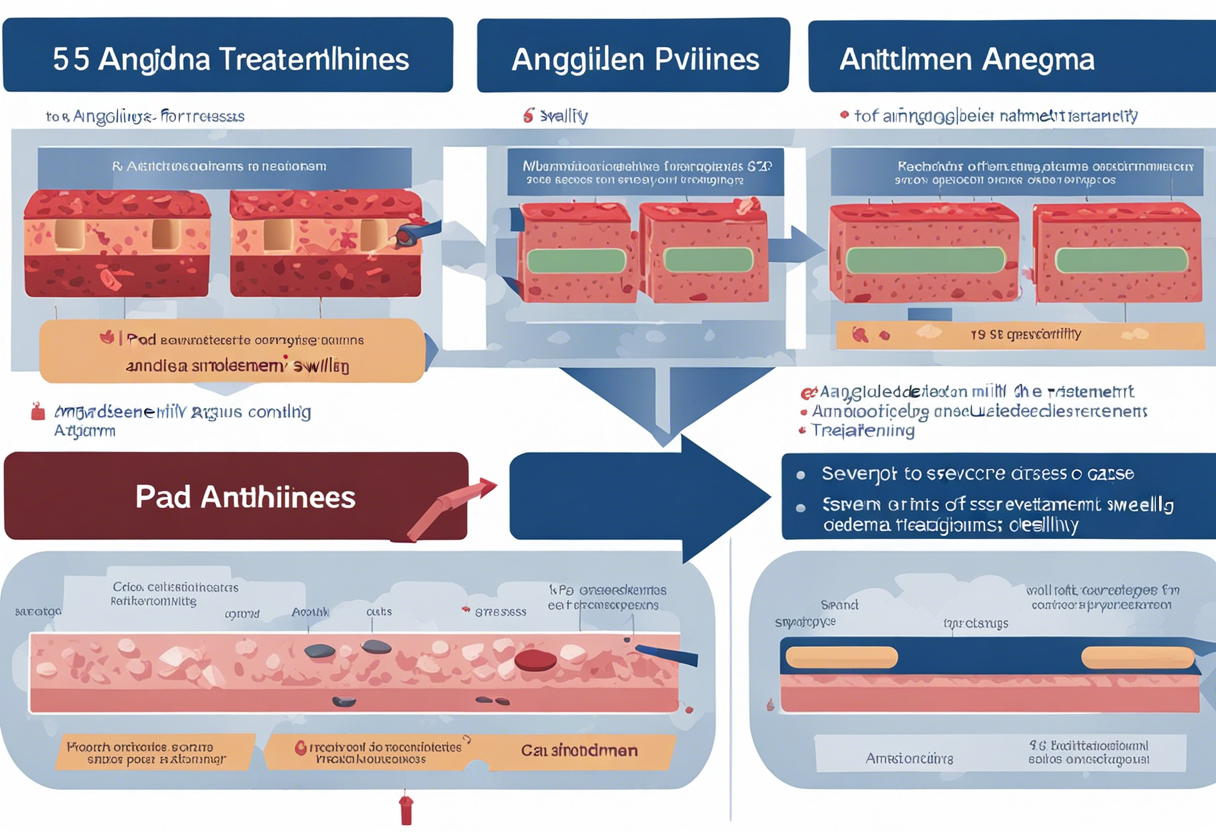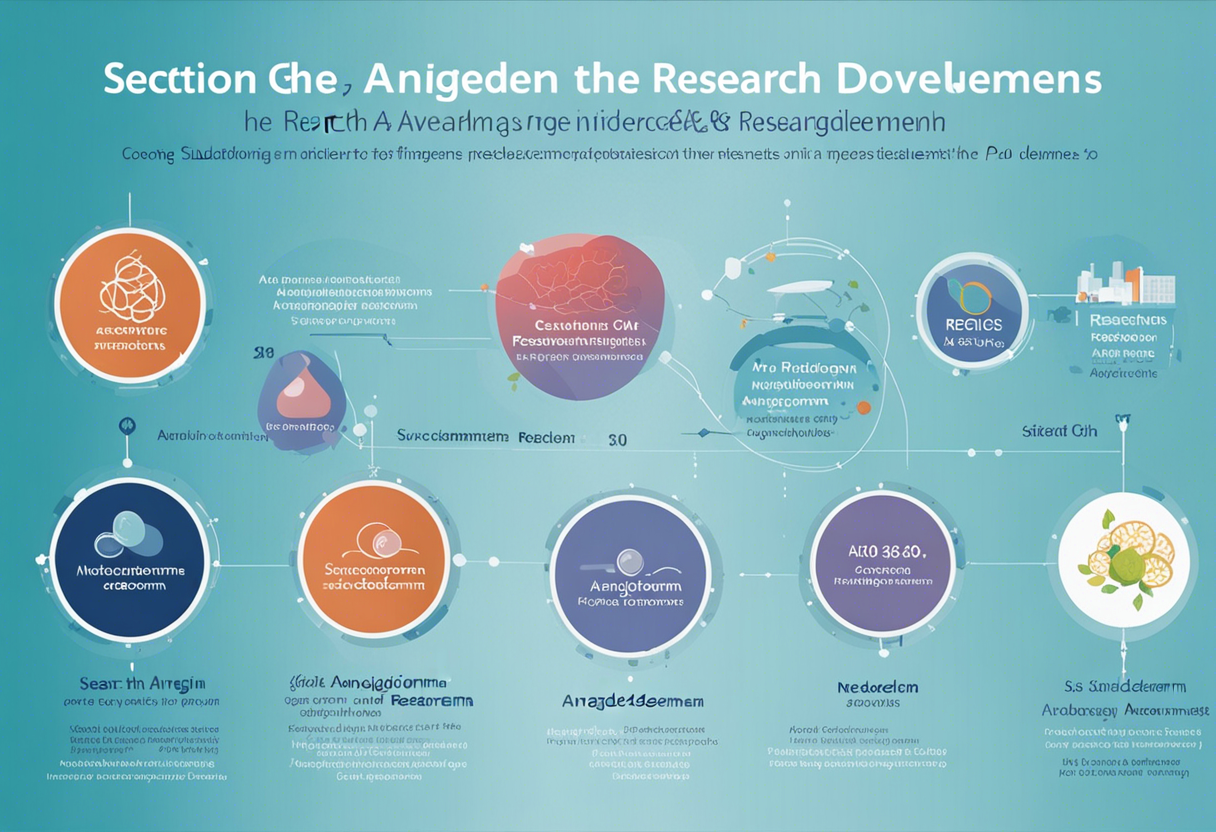Decoding Angioedema: Top Five Insights into a Misunderstood Condition
Angioedema, often misunderstood and misdiagnosed, is a medical condition that causes swelling beneath the skin, often in the face and throat, which may be life-threatening. It can occur due to an allergic reaction or can be hereditary. The condition, although not as common as other allergic reactions, is significant due to its potential severity. This article aims to demystify Angioedema, shedding light on its causes, symptoms, types, treatment options, and the latest research developments. By understanding Angioedema, we can better manage the condition and improve the quality of life for those affected.
**Section 2: Understanding the Causes of Angioedema

The causes of Angioedema vary, and it can occur as a reaction to certain medications, foods, or other triggers. In some cases, it's hereditary and can be passed from one generation to the next. Allergic Angioedema is caused by an allergic reaction to substances such as certain foods, medication, or insect bites. Drug-induced Angioedema is a reaction to specific medications, especially ACE inhibitors used to treat high blood pressure. Hereditary Angioedema is a rare genetic condition that can cause severe, recurrent attacks. Understanding these causes can help in early diagnosis and effective treatment.
**Section 3: Recognizing the Symptoms of Angioedema

Symptoms of Angioedema can range from mild to severe, affecting different parts of the body. The most common signs include swelling of the skin, often around the eyes and lips, but also potentially affecting the hands, feet, and throat. The swelling can be painful and is typically accompanied by a red or pink rash. Severe cases can lead to difficulty breathing, which requires immediate medical attention. By recognizing these symptoms, individuals can seek timely treatment and potentially prevent life-threatening complications.
**Section 4: Distinguishing the Types of Angioedema

Angioedema is categorized into different types based on its cause. Allergic Angioedema, the most common type, is caused by an allergic reaction. Drug-induced Angioedema is caused by a reaction to certain medications. Hereditary Angioedema is a rare, genetic condition that causes recurring episodes of severe swelling. Idiopathic Angioedema is a type where the cause is unknown. Each type of Angioedema has different triggers and may require different treatment approaches. Understanding these types can help healthcare professionals provide personalized care for their patients.
**Section 5: Exploring the Treatment Options for Angioedema

Treatment for Angioedema depends on the type and severity of the condition. Mild cases may be treated with antihistamines to reduce swelling and discomfort. In cases of allergic Angioedema, avoiding the allergen is the best preventive measure. For drug-induced Angioedema, switching to a different medication can resolve the issue. Hereditary Angioedema requires a different approach, often involving medication to regulate the immune system. In severe cases, emergency treatment is necessary to ensure the patient's airway remains open. By understanding the various treatment options, individuals with Angioedema can work with their healthcare provider to find the most effective treatment plan.
**Section 6: Unveiling the Latest Research Developments on Angioedema

Research into Angioedema is ongoing, with scientists striving to better understand the condition and develop more effective treatments. Recent studies have focused on the genetic aspects of hereditary Angioedema, aiming to identify the specific genes involved and potentially develop gene therapies. Other research is investigating new drugs for treating the condition, including biological therapies that target the immune system. These developments offer hope for more effective treatment options in the future, potentially improving the lives of those living with Angioedema. By staying informed about the latest research, individuals with Angioedema can stay at the forefront of treatment options and manage their condition more effectively.